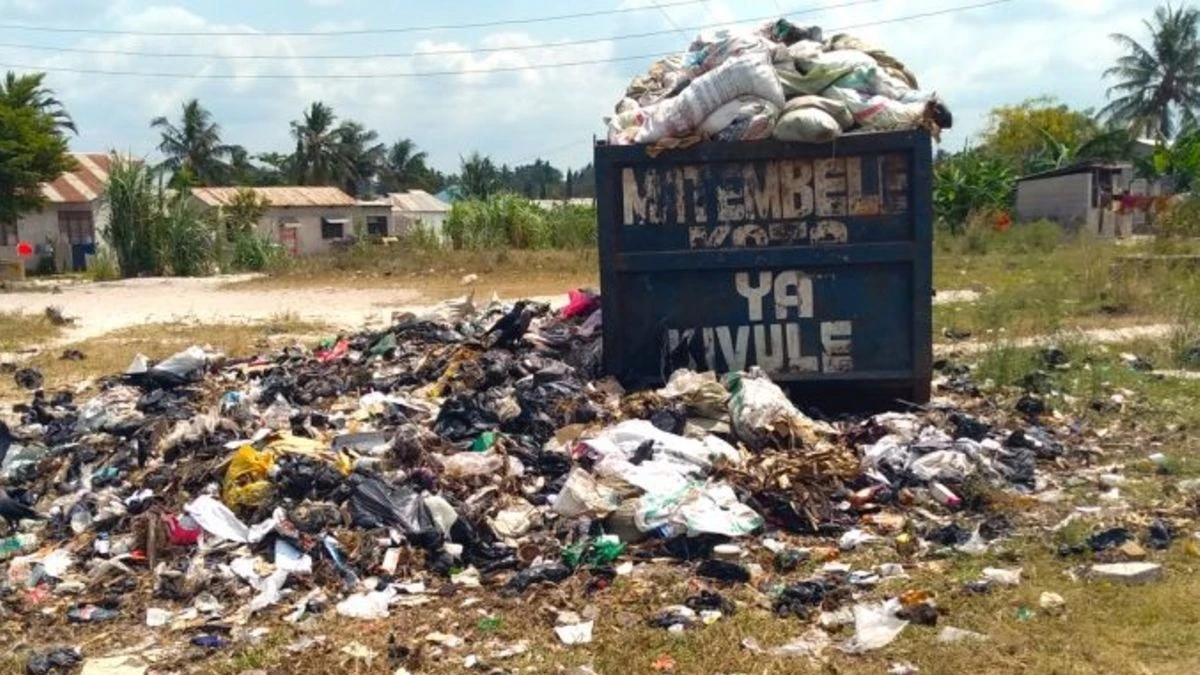Lands’ customer service charter: PCCB points at poor compliance

THE Prevention and Combating of Corruption Bureau (PCCB) has raised alarm over corruption in the land sector, highlighting low compliance with the Ministry of Lands' 2020 customer service charter, seeking transparent and efficient land administration services.
Crispin Chalamila, the PCCB director general, said in submitting the 2023/24 PCCB annual performance report to President Samia Suluhu Hassan in Dar es Salaam yesterday, that compliance with the charter is not even halfway.
The more problematic services are land-use change approvals, land plot applications, land title deed issuance, land ownership transfers and building permits for residential properties, he said, noting that these delays leave channels for dishonest practices.
Key land services show significant delays, creating ample opportunities for corruption, he said, explaining that PCCB’s examination of the land sector sought to identify inefficiencies and corruption loopholes.
The analysis focused on services such as land planning, surveying, ownership, valuation, building permit issuance and land dispute resolution, where investigation identified a number of factors hindering efficient service delivery in the land sector, he stated.
Key issues include a shortage of land professionals, insufficient funding, outdated IT systems and poor management by land officers, with multiple payments for land ownership registration tied up with confusion over payment receipts cited as significant concerns.
There is evident disparity between timeframes set in the customer service charter and the legislation on land disputes, where the charter sets a 12-month limit for resolving land disputes, while the legislation allows up to 24 months, he stated.
This leads to inconsistencies and delays in dispute resolution, he said, cautioning that these challenges foster corruption and contribute to growing land disputes in communities. Corrupt practices stem from delays and a lack of accountability, undermining citizens’ trust and the system’s integrity, he cautioned.
The report makes several recommendations aimed to improve transparency and service efficiency, pointing at the need for enhanced human resources and equipment in the ministry and in local government authorities.
“The government must provide sufficient land professionals, funding and equipment for effective service delivery,” he said, urging accelerated modernization of IT systems in the land sector to reduce bureaucratic delays and streamline services.
The Lands ministry needs to launch public awareness campaigns on proper land ownership procedures to reduce confusion and exploitation, he emphasized, highlighting the need for stricter enforcement of integrity among land officers with stronger supervision, particularly for those working under local government authorities.
“The ministry should review and adjust the customer service charter especially regarding the resolution of land disputes, to align timeframes with legal requirements and improve efficiency,” he added.
Top Headlines
© 2025 IPPMEDIA.COM. ALL RIGHTS RESERVED






















